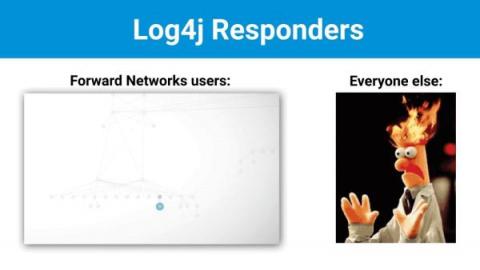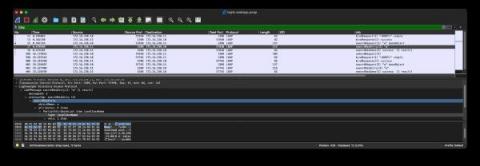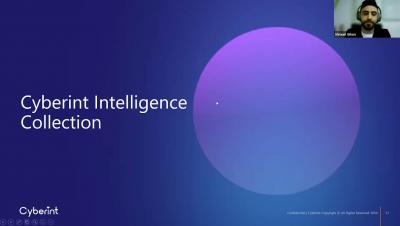Simulating, Detecting, and Responding to Log4Shell with Splunk
For more information on how to respond to the Log4j vulnerabilities using Splunk products, please see our Log4Shell response overview page. Like most cybersecurity teams, the Splunk Threat Research Team (STRT) has been heads-down attempting to understand, simulate, and detect the Log4j attack vector. This post shares detection opportunities STRT found in different stages of successful Log4Shell exploitation.











